Amazing Comet Photos of 2013 by Stargazers
Comet C/2011 L4 (PANSTARRS) Discovered by Asteroid Telescope
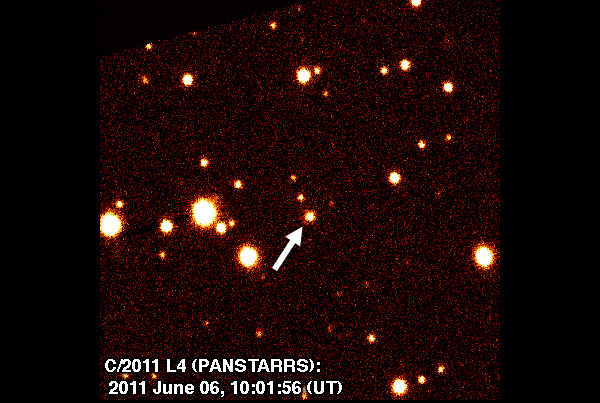
Discovery image of the newfound comet C/2011 L4 (PANSTARRS), taken by Hawaii's Pan-STARRS 1 telescope.
Comet C/2012 S1 (ISON)
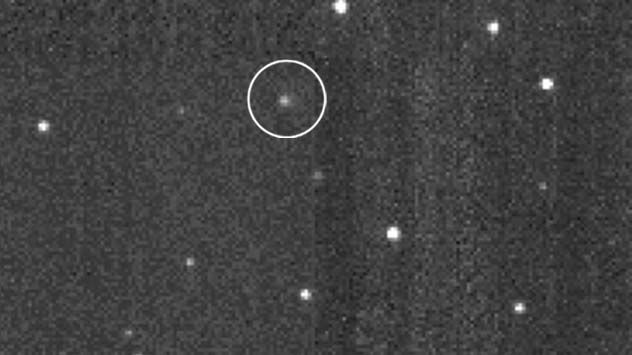
The comet that may put on a spectacular light show during a November date with the Sun, was observed by the Deep Impact mission. The spacecraft has also had close fly-bys of comet's Tempel 1 and Hartley 2 and scientific observations of Garradd.
Comet ISON in Telescope View
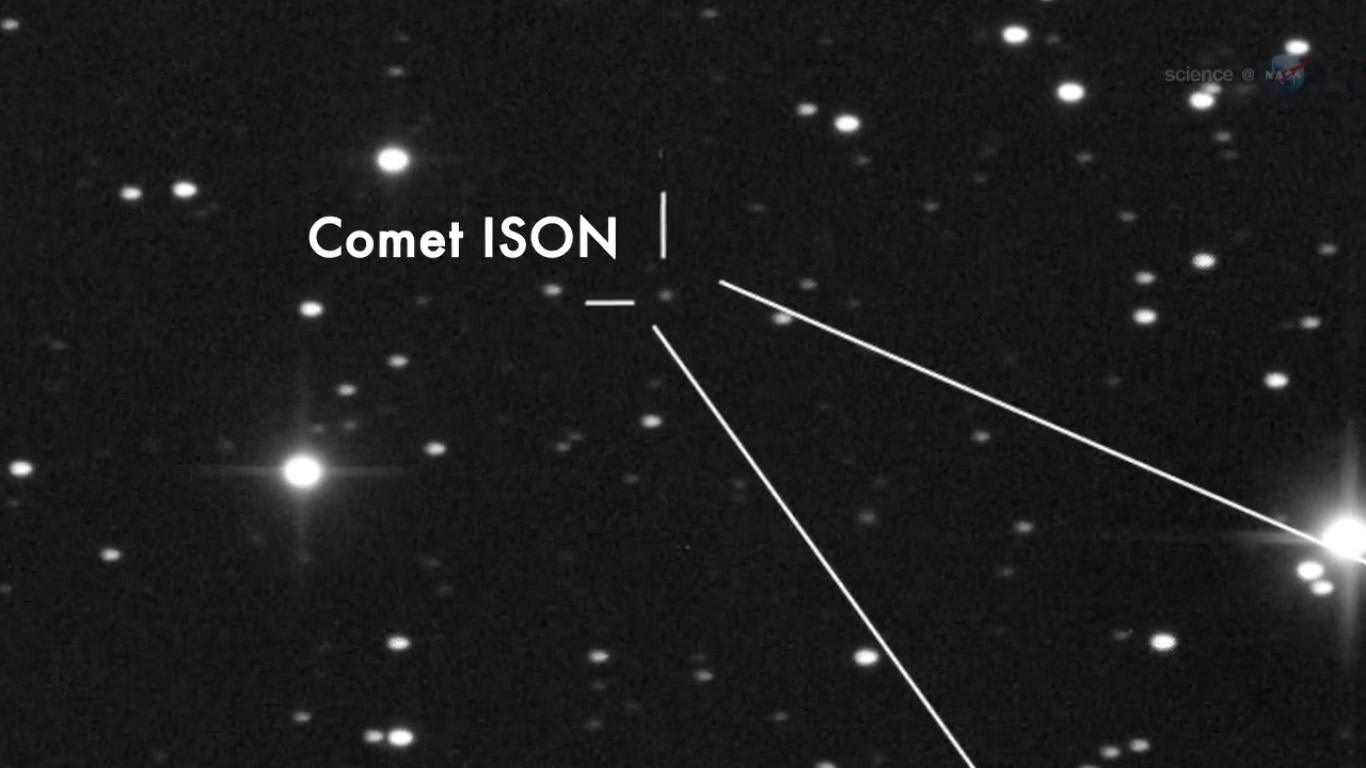
This still from a NASA video identifies comet C/2012 S1 (ISON), better known as Comet ISON, in a telescope image.
Comet ISON in Night Sky
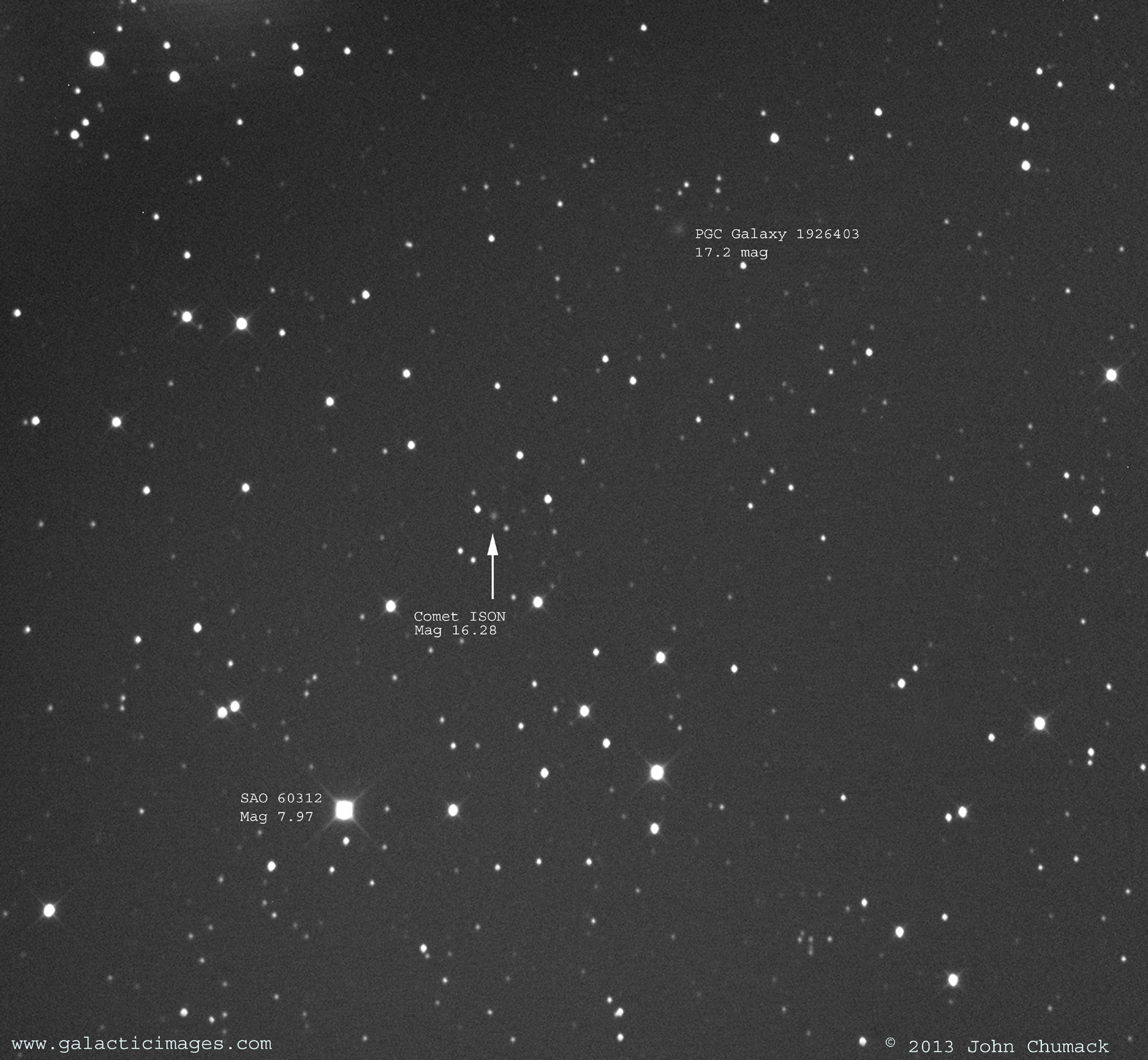
Skywatcher Vernon Dye took this shot of Comet ISON on Jan. 8, 2012. Comet ISON c/2012 S1 is currently in the Constellation of Gemini, moving between the head of the Twins Castor and Pollux.
Newly Discovered Comet C/2012 S1 (ISON)
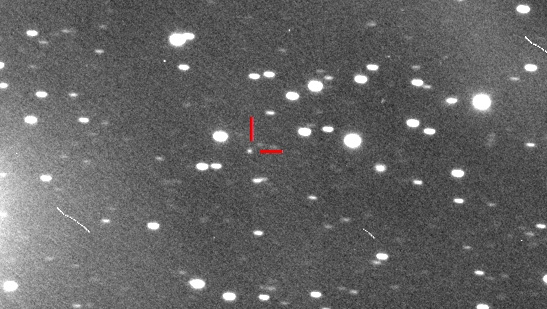
This image shows the newfound comet C/2012 (ISON) as seen by the Remanzacco Observatory in Italy. The image, taken by amateur astronomers Ernesto Guido, Giovanni Sostero and Nick Howes, is a confirmation view of the comet, which was first discovered by Vitali Nevski (Vitebsk, Belarus) and Artyom Novichonok (Kondopoga, Russia). Image released Sept. 24, 2012.
Comet ISON Seen by Messenger Probe on Nov. 19, 2013
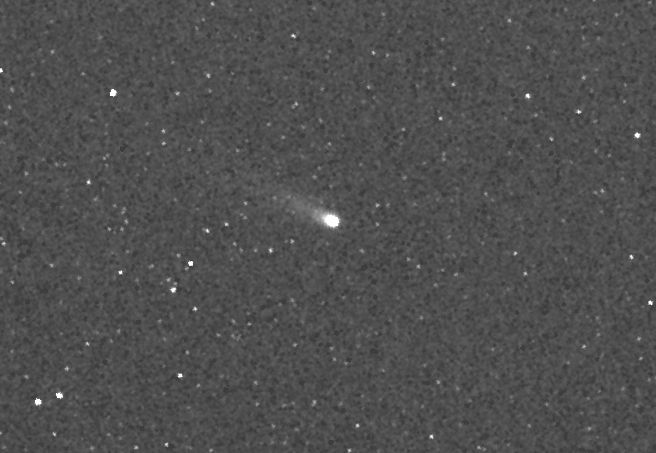
Image of comet ISON taken by NASA's Messenger probe during its closest approach to Mercury on Nov. 19, 2013. At that time, ISON was approximately 22.5 million miles (36.2 million kilometers) from Messenger and 42.1 million miles (67.8 million km) from the sun.
NASA Releases Comet ISON Images from STEREO
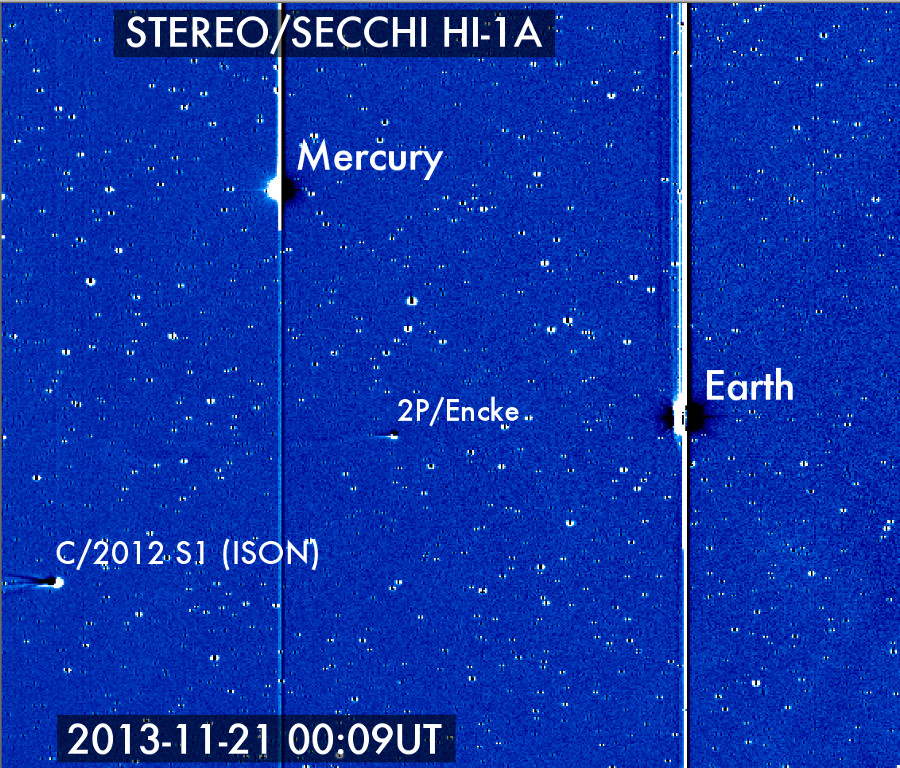
Comet ISON entered the view of NASA's Solar Terrestrial Relations Observatory on Nov. 21, 2013, where it can be seen with Earth, Mercury and comet 2P/Encke.
Get the Space.com Newsletter
Breaking space news, the latest updates on rocket launches, skywatching events and more!
Comet 2P/Encke During Closest Approach to Mercury
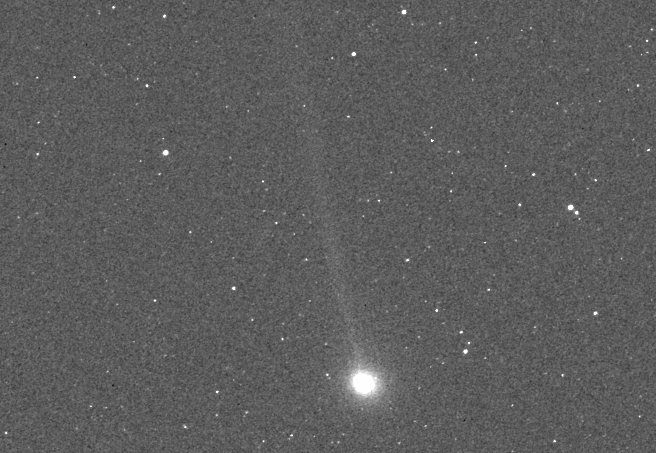
This Messenger spacecraft image shows comet 2P/Encke during its closest approach to Mercury. At that time, Encke was approximately 2.3 million miles (3.7 million kilometers) from Messenger and 32.7 million miles (52.6 million kilometers) from the Sun. The tail was oriented nearly side on to Messenger in this image and is seen to stretch several degrees from the comet’s bright coma in the direction away from the Sun. This image was released Nov. 25, 2013.
Join our Space Forums to keep talking space on the latest missions, night sky and more! And if you have a news tip, correction or comment, let us know at: community@space.com.

Space.com is the premier source of space exploration, innovation and astronomy news, chronicling (and celebrating) humanity's ongoing expansion across the final frontier. Originally founded in 1999, Space.com is, and always has been, the passion of writers and editors who are space fans and also trained journalists. Our current news team consists of Editor-in-Chief Tariq Malik; Editor Hanneke Weitering, Senior Space Writer Mike Wall; Senior Writer Meghan Bartels; Senior Writer Chelsea Gohd, Senior Writer Tereza Pultarova and Staff Writer Alexander Cox, focusing on e-commerce. Senior Producer Steve Spaleta oversees our space videos, with Diana Whitcroft as our Social Media Editor.









